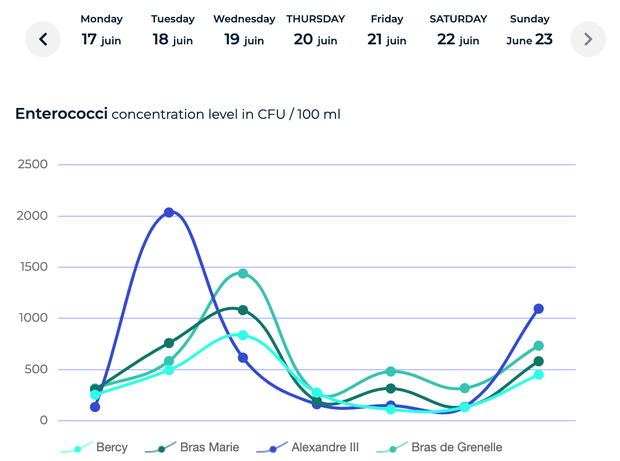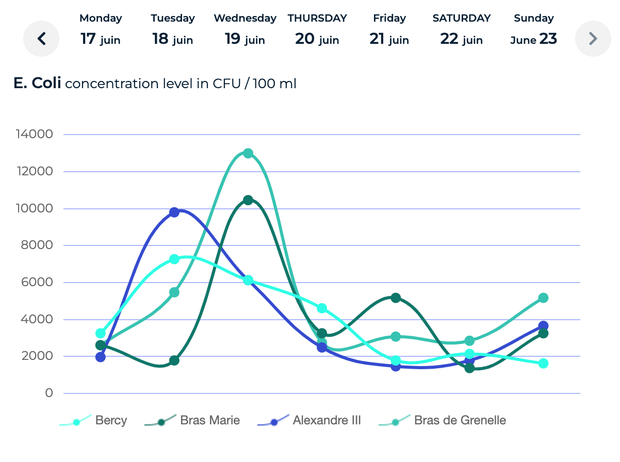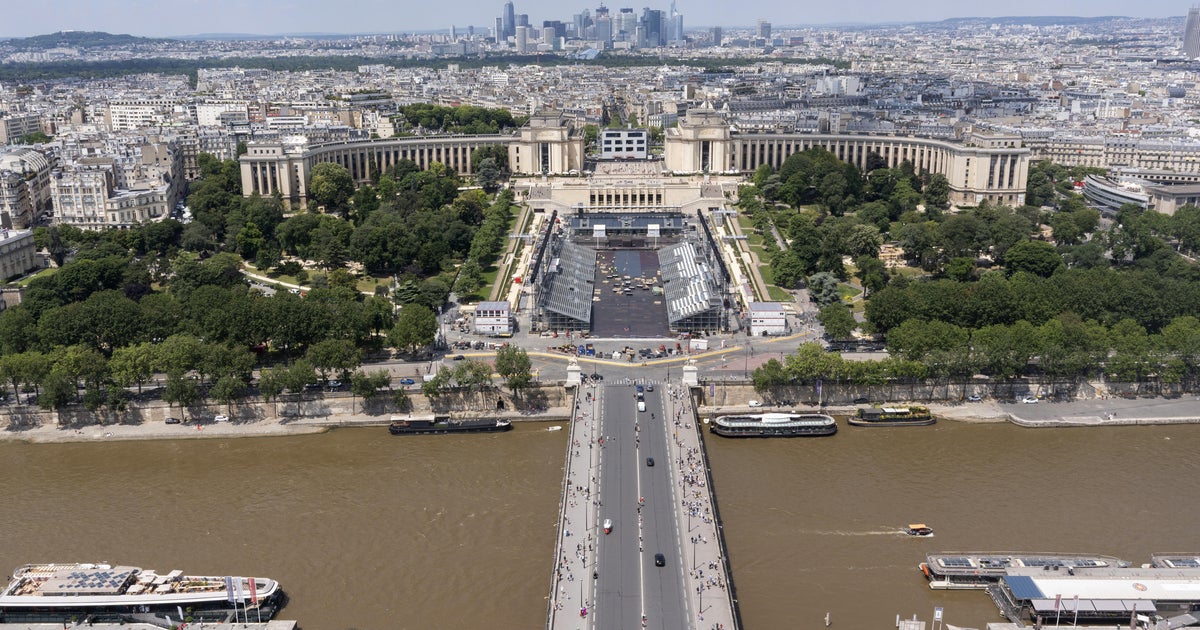
The 2024 Summer Olympics are set to begin in less than a month, but concerns over the safety of the Seine River for swimming events have arisen due to high levels of E. coli and enterococci bacteria. According to multiple sources, including The New York Times, Associated Press (AP), CBS News, and Eau de Paris monitoring group reports, tests conducted on the Seine River in recent weeks have shown contamination levels above acceptable limits for these bacteria.
The World Triathlon Federation sets a limit of 900 colony-forming units per 100 milliliters for E. coli and enterococci bacteria in competition waters. However, tests conducted between late June and early July revealed that the Seine River had contamination levels far exceeding this limit.
The triathlon events are scheduled to take place from July 30 to Aug. 5, while marathon swimming races will be held on Aug. 8 and 9 near the Alexandre III bridge in Paris. These events were planned for the Seine River due to its historical significance and scenic beauty.
The contamination of the Seine River is attributed to unfavorable hydrological conditions, little sunshine, below-average seasonal temperatures, upstream pollution, and heavy rainfall that washes sewage and wastewater into the river. Despite efforts to clean up the waterway over the past decade through a $1.5 billion investment in infrastructure improvements such as water tanks and underground sewers, these issues persist.
Organizers remain optimistic that things will improve by mid-July, with Marc Guillaume, Paris region prefect, expecting summer weather to help clean the river. However, there is no backup plan or alternative location in case the wet weather continues into the Games.
Despite these concerns, French President Emmanuel Macron and Paris Mayor Anne Hidalgo have both pledged to swim in the Seine River before the Olympics to prove its safety. It remains to be seen whether they will follow through with their plans.
The potential health risks associated with swimming in contaminated water include diarrhea, urinary tract infections, pneumonia, sepsis, meningitis, and severe infections. Parisians have even threatened to defecate in the Seine River as a protest against the Olympics and the poor water quality.
It is important for athletes and spectators alike to be aware of these risks and take necessary precautions if they plan on participating in or attending events near the Seine River during the 2024 Summer Olympics. Stay tuned for updates on this developing story.






